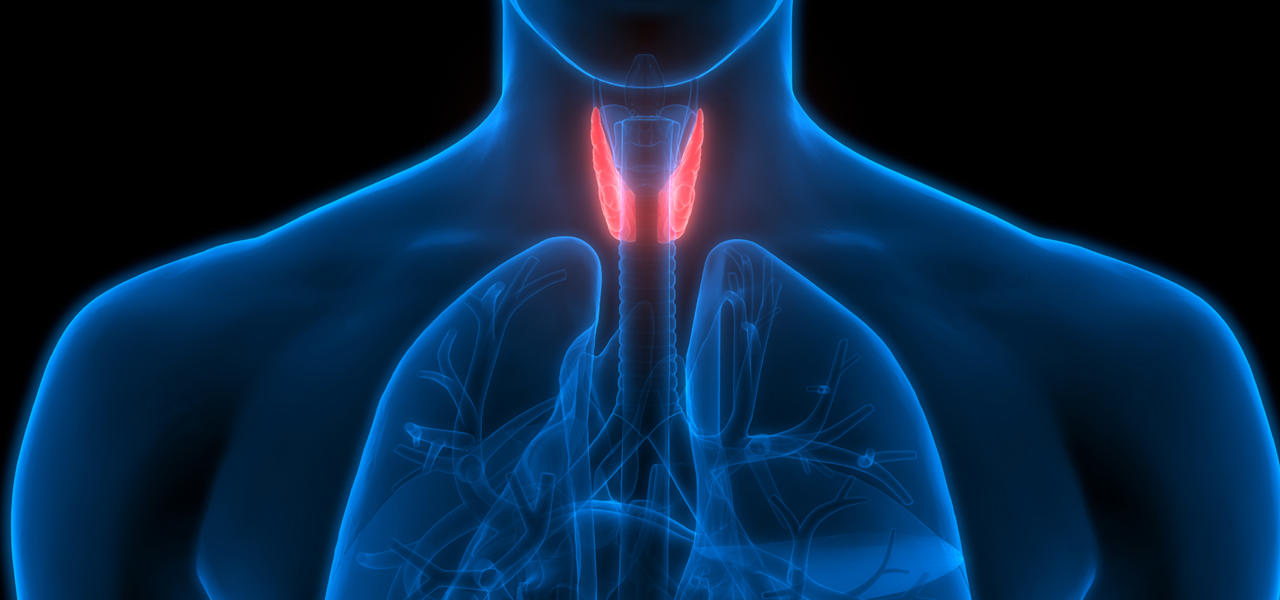|
DEFINITION
|
- Hyperthyroidism is a condition in which your thyroid creates and releases more hormones than you need. This is also called overactive thyroid.
- The main hormones your thyroid makes include triiodothyronine (T3) and thyroxine (T4).
|
- Hypothyroidism is a common condition where the thyroid doesn’t create and release enough thyroid hormone into your bloodstream. This makes your metabolism slow down. Also called underactive.
|
|
SYMPOTMS
|
- Rapid heart beat (palpitations).
- Feeling shaky and/or nervous.
- Weight loss.
- Increased appetite.
- Diarrhea and more frequent bowel movements.
- Vision changes.
- Thin, warm and moist skin.
- Menstrual changes.
- Intolerance to heat and excessive sweating
- Sleep issues
- Swelling and enlargement of the neck from an enlarged thyroid gland (goiter).
- Hair loss and change in hair texture (brittle).
- Bulging of the eyes (seen with Graves’ disease).
- Muscle weakness.
|
- Feeling tired (fatigue).
- Experiencing numbness and tingling in your hands.
- Having constipation.
- Gaining weight.
- Experiencing soreness throughout your body (can include muscle weakness).
- Having higher than normal blood cholesterol levels.
- Feeling depressed.
- Being unable to tolerate cold temperatures.
- Having dry, coarse skin and hair.
- Experiencing a decrease sexual interest.
- Having frequent and heavy menstrual periods.
- Seeing physical changes in your face (including drooping eyelids, as well as puffiness in the eyes and face).
- Having your voice become lower and hoarser.
- Feeling more forgetful (“brain fog”).
|
|
CAUSES
|
- Graves disease – When immune system starts attacking thyroid gland
- Consuming Excess iodine intake
- Thyroiditis – Inflammation of thyroid gland.
|
- Thyroditis - (inflammation of the thyroid).
- Treatment of hyperthyroidism (radiation and surgical removal of the thyroid).
- Iodine deficiency (not having enough iodine — a mineral your thyroid uses to make hormones – in your body).
- Hereditary conditions (a medical condition passed down through your family).
|
|
PHYSICAL EXAMINATION
|
- Your thyroid: Your provider may gently feel your thyroid through the outside of your neck to check if it’s enlarged, bumpy or tender.
- Your eyes: Your provider may check your eyes for swelling, redness, bulging and other signs of Graves’ eye disease.
- Your heart: Your provider may use a stethoscope to listen to your heart for a rapid and/or irregular heartbeat.
- Your hands: Your provider may have you outstretch your hands to see if you have a tremor. They may also look for changes in your fingernails.
- Your skin: Your provider may feel your skin to see if it’s warm and moist.
|
- In hypothyroidism, facial changes include dulled expression
- Drooping eyelids
- Puffiness of the eyes and face.
|
|
RISK FACTORS
|
|
- You have a family history of thyroid disease or any autoimmune disease
- You have type 1 diabetes or rheumatoid arthritis, or other autoimmune disorders
- You have taken anti-thyroid medications (a treatment for hyperthyroidism) or have been treated with radioactive iodine (a treatment for thyroid cancer)
- You have had thyroid surgery (you had your thyroid removed to treat thyroid cancer or to treat a symptomatic goiter)
- You have been exposed to radiation to your neck or upper chest area
- ou have a family history of thyroid disease or any autoimmune disease
- You have type 1 diabetes or rheumatoid arthritis, or other autoimmune disorders
- You have taken anti-thyroid medications (a treatment for hyperthyroidism) or have been treated with radioactive iodine (a treatment for thyroid cancer)
- You have had thyroid surgery (you had your thyroid removed to treat thyroid cancer or to treat a symptomatic goiter)
- You have been exposed to radiation to your neck or upper chest area
|


